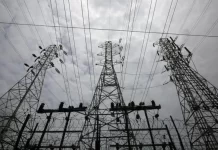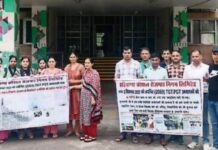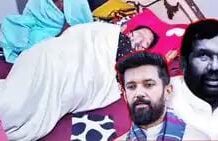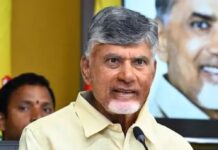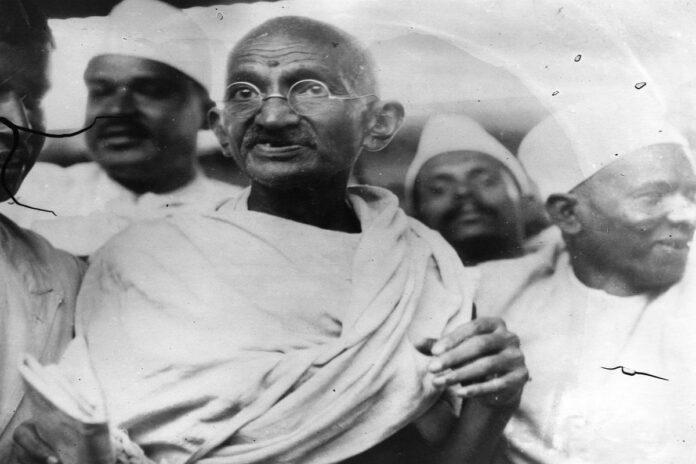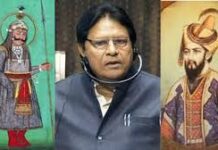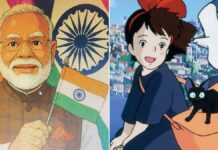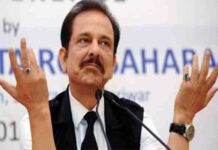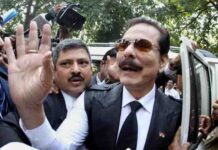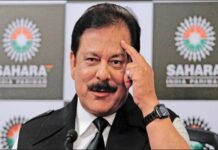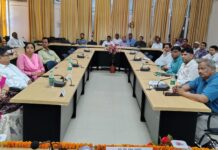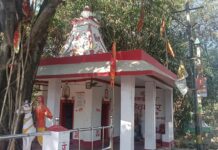Prem Singh
The RSS did not participate in the freedom struggle, and that it was responsible for Gandhi’s assassination, are facts that are not new. These arguments have been used repeatedly against the RSS since the Independence of India in 1947. The RSS does not claim a stake in the freedom struggle, but refutes the accusation of being party to Gandhi’s assassination. Ever since Modi government was formed at the center, the secular camp has vociferously taken up these two points, and the last few months have indeed seen an intensification of this endeavour. Perhaps the camp feels that by emphasizing these two accusations repeatedly, it will discredit the RSS in the eyes of the people and gain political mileage in the bargain. However, this thought process needs to be seriously deliberated upon. The reason is that the manner and the intent with which the secular camp raises these two points to attack the RSS, has little to do with the Independence or Gandhi. The intervention of the secular camp would have been significant only if it had raised the serious question pertaining to a contemporary fact – how and why did Narendra Modi-led BJP form a majority government at the center despite its history of treason against the freedom movement and the act of assassinating Gandhi? The secular camp ought to have attempted a serious investigation as to whether the Independence and Gandhi have actually lost relevance for the people of India? If yes, then what are the reasons? The investigation requires serious self-introspection; an understanding of how it is itself responsible for this situation, then, to eventually question itself – whether it, on its own part, really values the Independence of the country and Gandhi?
The secular camp, which considers itself above all questions, can get away with the argument that the present government had merely 31 percent voters while the remaining majority of the country believes in the Independence and Gandhi; and that it is this very constituency which secularists seek to caution against the RSS. Now, the fact that the 31 percent citizens have veered away from the Independence and Gandhi should in itself be a serious cause of worry for the secular camp, for it constitutes a significant section of society. The secular camp which bears the responsibility of the nation at ideological and institutional level cannot function in terms of ‘mine-thine’ social-political divisions. The other question is, how can the secular camp assume that all those who did not vote for BJP, actually value the Independence and Gandhi? The truth is that most of the political parties that have garnered the remaining 69 percent of the votes are in some measure or another, votaries of neo-liberalism. It doesn’t need to be elaborated that the votaries of neo-liberalism will be, in material and moral spirit, anti-Independence as well as anti-Gandhi. Therefore, the question as to how the RSS-BJP combine, despite being against the Independence and Gandhi, could form a majority government, raises an accusing finger elsewhere too; at all the historic lapses, blunders and the blinking of eyes on the part of the secularists. Despite their reluctance to face a bitter reality, the secularists owe the people of the country their democratic right to know the truth; a certain transparency regarding political/economic positions taken by the secular camp. In other words, the question is likely to singe the ones who are raising it. But for the sake of democracy and the cause of the common people there should be no harm and no fear in such singeing and self-assessment even if it is injurious to one’s own image.
It is not imperative for all or anyone to essentially believe in Gandhi. But it is not correct for detractors of Gandhi to seek political mileage by constantly upbraiding the RSS for his assassination. Gandhi’s opponent Mayawati and dalit intellectuals, who propagate dalit identity, do not make a hue and cry about his assassination. The same is true for the Independence. It is not essential that everybody has to believe in the freedom struggle of India and the values accrued during it. But then such people should not castigate RSS for not participating in the freedom struggle.
First, the case of the Independence; it is important before and above Gandhi. For a number of years even serious scholarship failed to notice that after 1991, with beginning of implementation of the new economic policies heralding neo-liberal slavery, there arose, simultaneously, a powerful resentment across the nation to oppose it. On the one hand laws were being passed one after the other (mostly through ordinances) against the basic spirit of the Constitution, on the other hand, those very laws were being vehemently opposed. Some of these opposing voices came from the mainstream politics also. Even the RSS-formed Swadeshi Jagran Manch expressed concerns over the policies that threatened to pawn the nation’s Independence. This protest was rather scattered and non-political. But a cohesive understanding and the need for an alternative politics had been generated by means of these protests by 1995. Equipped with the spirit of the Independence, this alternative politics stood in direct confrontation against the Congress, the BJP and the NGOs subsisting on foreign aid. But soon enough the supposed third force political parties including communist parties agreed to follow the path marked out by neo-liberalism. P Chidambaram was the finance minister in the Deve Gowda’s government. And the world is very much aware of the events in Singur and Nandigram in West Bengal.
It was an unequal battle between the two fundamentally unequal parties, but the struggle against neo-imperialism was advancing in a systematic and strong manner. Some of the best minds of our times and a large section of the youth were involved in it at the cost of their careers and health. Despite Atal Behari’s government and the two of Manmohan Singh governments that followed it, the struggle against neo-imperialism stayed strong. The country was almost flooded with anti-neo-imperialist pamphlets, tracts, folders, little magazines, booklets and books. But just then came the clarion call of the “second freedom”. India Against Corruption (IAC), Aam Aadmi Party and mainstream media manufactured a false contender against the Congress, and by taking along in its wake diverse elements such as RSS and communists, socialists, Gandhians, corporate houses, civil society, Ramdev-Sri Sri Ravi Shankar they destroyed the struggle against neo-imperialism. As soon as Anna Hazare put the glass of juice to his lips to break his fast at Ramlila Maidan he silenced the debate/discussions of neo–imperialist slavery from the ambit of political discourse. In the past two decades, the myriad voices echoing through the country – azadi bachao, videshi kampniyan bharat chhodo, WTO bharat chhodo – were drowned in the name of an imagined mirage of ‘second freedom’. The meaning of alternative politics was reduced to a matter of wins and losses between various neo-liberal parties; the noose of neo-imperialist slavery thus t




